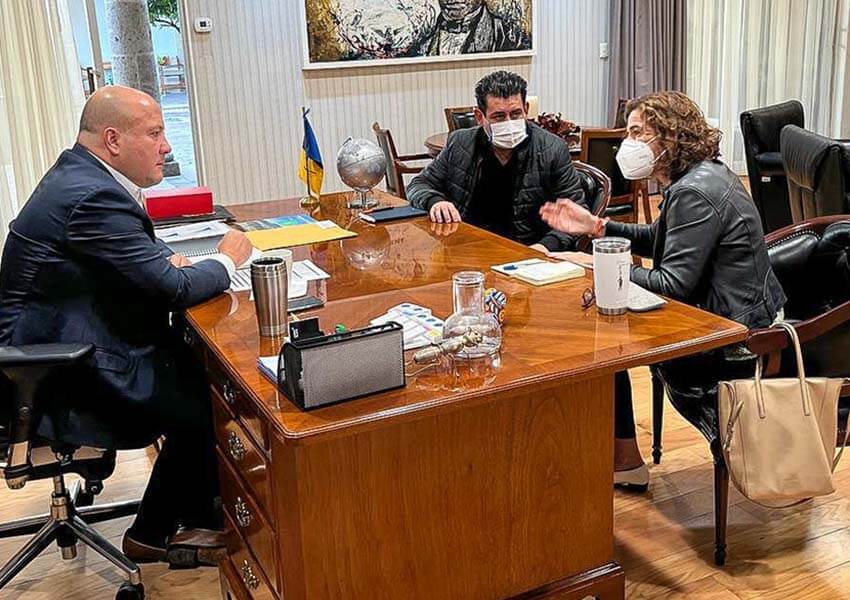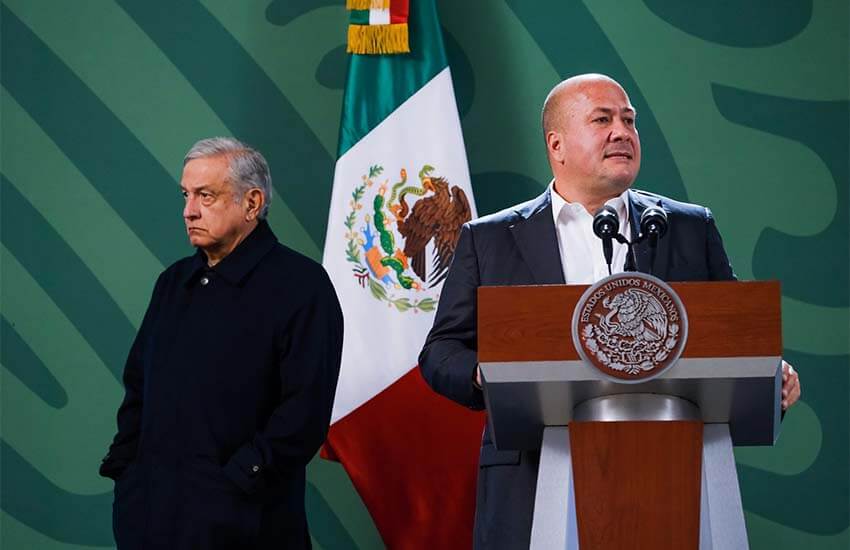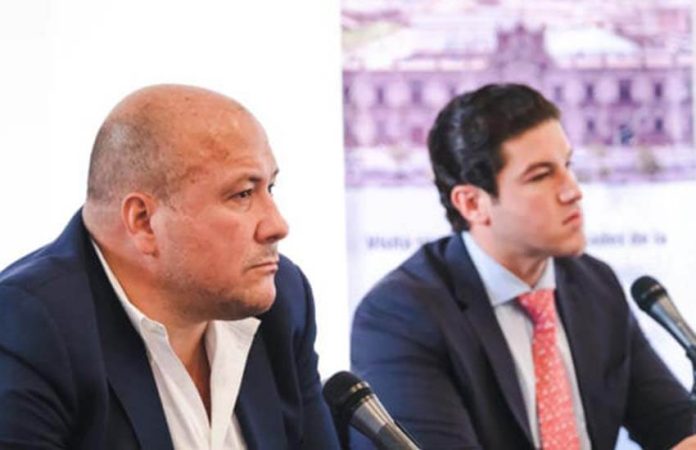Jalisco Governor Enrique Alfaro has declared that he is “more than prepared” to be a candidate in Mexico’s 2024 presidential election but denied being on a personal quest to take the reins of the country.
In an interview with the newspaper El País, the 48-year-old Citizens Movement (MC) party governor said he could contribute to the creation of an opposition bloc to challenge the ruling Morena party at the 2024 election.
Such a bloc should not be a “simple alliance of party bureaucracies” as occurred at the 2018 election but rather “a movement of another nature,” he said.
“… I believe that the first months of the [new] year will be the time to discuss this issue,” he said, adding that an opposition movement doesn’t necessarily have to be created by political parties or business people.
Asked whether he saw himself as a presidential candidate, Alfaro responded:

“Building a leadership of the opposition cannot start from mere personal ambition. You have to generate conditions to be able to fulfill your responsibility. What I can say is that I’m completely certain that I won’t shirk my political responsibility with this country. I know I will have a role to play. And if that role is to be a candidate, I believe I’m more than prepared to do it. But I’m not on a quest for a personal project.”
Alfaro also said that he doesn’t have “delusions of grandeur.”
“I’ve seen a lot … of governors who think they’re contenders for the presidency [just] because they’re governors,” he said.
Alfaro also spoke to El País about a range of other issues. The former Guadalajara mayor and a noted critic of President López Obrador said his relationship with Mexico’s leader has improved since the midterm elections in June but acknowledged that they still have their differences.
“… Putting two different visions into harmony continues to be complicated,” Alfaro said. “[But] I would say that the president [has now] understood … that our condition of [being the] opposition is not synonymous with being enemies.”
The governor said the Federalist Alliance, a group of 10 state governors established as a counterbalance to federal rule, was unlikely to survive (some of its members are no longer in office) but contended that non-Morena governors have a “moral obligation to build a space for discussion.”

“I will be driving the new coordination effort. [Citizens Movement Governor] Samuel García in Nuevo León and I are already speaking,” said Alfaro, who took office in December 2018.
Jalisco was the fifth most violent state in the first 10 months of 2021, with more than 2,000 homicides, but crime rates, including those for murder, have declined over the past three years, he said. A lot of progress has been made, but “enormous challenges” remain, the governor said.
Alfaro also said that he is the subject of “permanent threats” from organized crime but rejected a suggestion that the battle against the Jalisco New Generation Cartel is being lost.
“Jalisco has the presence of an organized crime group with a lot of economic power and firepower. It’s a complex problem to deal with. But Jalisco is a lot more [than organized crime],” he said.
“In other words, [being affected by crime] is not the day-to-day [experience] of the citizens of this state. Diminishing [Jalisco’s] reality to issues of violence is an error, I think. And, of course, I believe it’s wrong to think that the [capacity of the] government [to confront the problem] has been exceeded.”
With reports from El País
